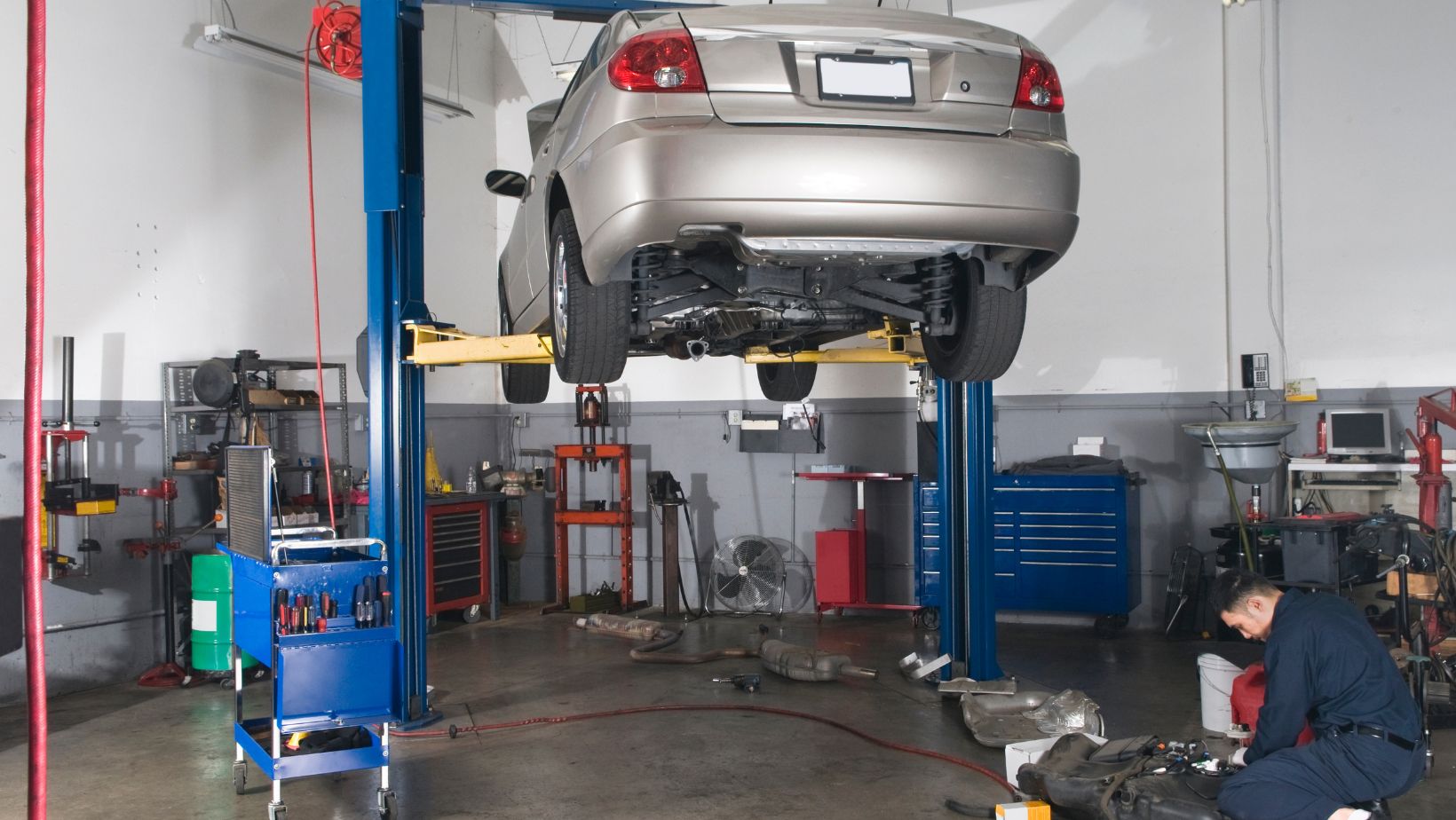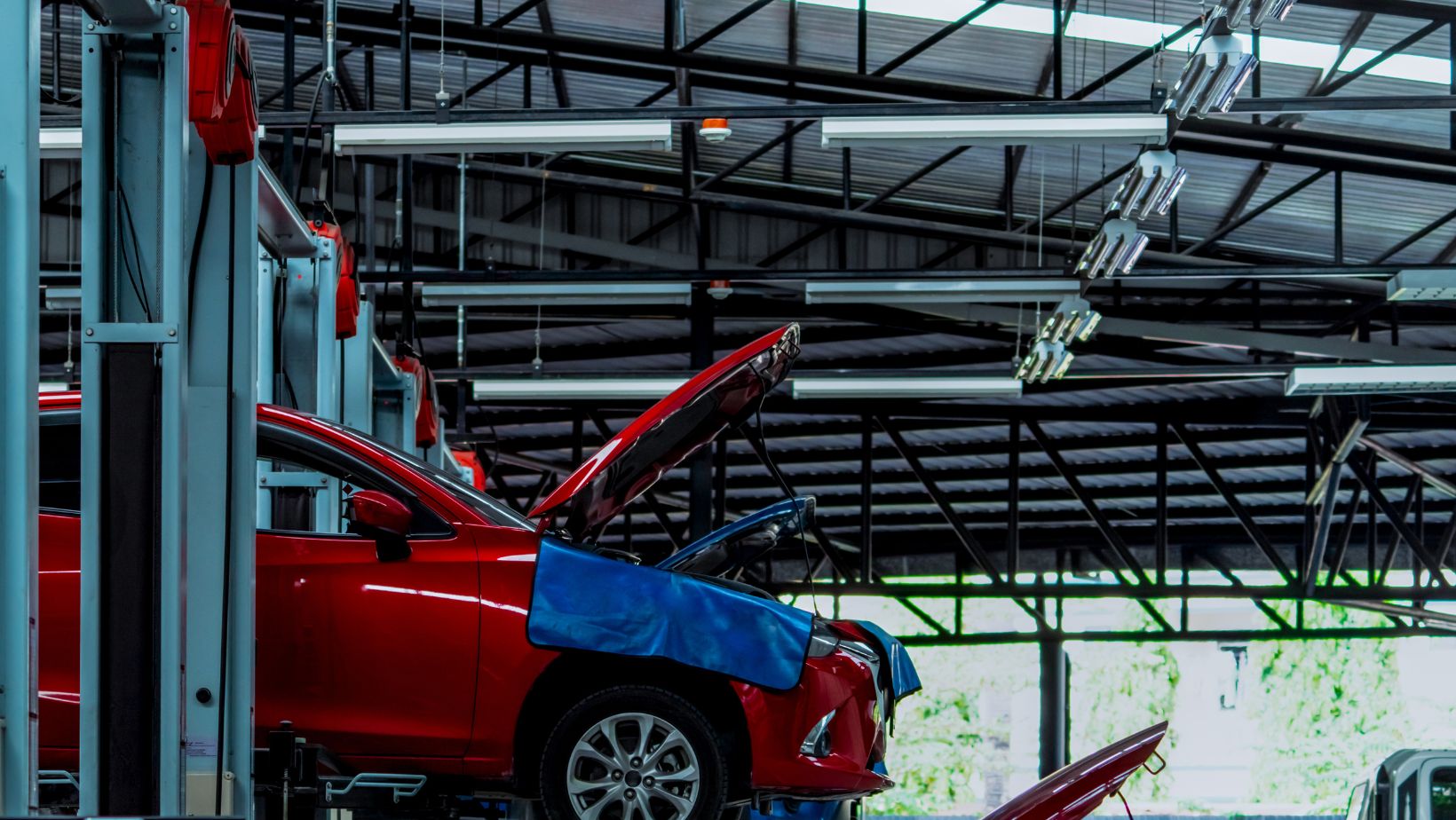 Car Repair Appointments
Car Repair Appointments
Having car trouble? Don’t fret! When it comes to car repair appointments, I’ve got you covered. Whether you need a routine maintenance check or have a more pressing issue, scheduling an appointment with a trusted mechanic is the first step towards getting your vehicle back on the road.
One of the benefits of scheduling a car repair appointment is that it allows you to avoid long wait times and ensure prompt attention to your vehicle. By booking in advance, you can secure a time slot that works best for you and avoid the frustration of sitting around at the shop for hours on end. Plus, knowing exactly when your appointment is scheduled gives you peace of mind and helps you plan your day accordingly.
Choosing the Right Car Repair Shop
When it comes to car repair appointments, choosing the right car repair shop can make all the difference in getting your vehicle back on the road quickly and efficiently. With so many options out there, it’s important to consider a few factors before making a decision.
Factors to Consider When Selecting a Car Repair Shop
- Location: The proximity of the repair shop to your home or workplace is an important factor to consider. You don’t want to spend hours driving across town when you’re already dealing with a car issue. Look for a shop that is conveniently located and easily accessible.
- Certifications and Expertise: Ensure that the repair shop has certified technicians who are trained in handling your specific make and model of car. Specialized knowledge and expertise can go a long way in diagnosing and fixing issues correctly.
- Range of Services: It’s beneficial to choose a repair shop that offers a wide range of services beyond just basic repairs, such as oil changes, tire rotations, brake inspections, and engine diagnostics. This way, you have one place where all your car maintenance needs can be met.
Tips for Evaluating the Reputation of a Car Repair Shop
- Read Online feedbacks : Take some time to read feedbacks from previous customers about their experiences with different repair shops in your area. Look for consistent positive feedback regarding customer service, quality of workmanship, and fair pricing.
- Ask for Recommendations: Reach out to friends, family members, or colleagues who have had positive experiences with car repairs recently. Personal recommendations can provide valuable insights into reliable shops that have built trust within their community.
- Check Certifications and Affiliations: A reputable car repair shop should proudly display their certifications from recognized industry organizations like ASE (Automotive Service Excellence). These certifications indicate that the technicians meet high standards of professionalism and expertise.
By considering these factors, evaluating reputation, and looking for key qualities, you’ll be able to choose a car repair shop that meets your needs with confidence. Remember, taking the time to do some research upfront can save you from headaches down the road.

The Importance of Regular Car Maintenance
When it comes to maintaining your car, regular maintenance is key. It’s not just about fixing problems when they arise; it’s about preventing them from happening in the first place. Regular car maintenance ensures that your vehicle runs smoothly and efficiently, prolonging its lifespan and saving you money in the long run.
Here are a few reasons why regular car maintenance is so important:
- Safety: One of the main reasons for regular car maintenance is safety. By keeping up with routine inspections, such as checking the brakes, tires, and lights, you can ensure that your vehicle is in optimal condition for safe driving. Ignoring these inspections could lead to potential accidents or breakdowns on the road.
- Reliability: Regular maintenance helps improve the reliability of your car. By addressing any minor issues early on, you can avoid major breakdowns and sudden repairs that may leave you stranded or inconvenienced. It’s much better to be proactive than reactive when it comes to maintaining your vehicle.
- Performance: When your car is properly maintained, it performs at its best. Regular oil changes, filter replacements, and tune-ups help optimize engine performance and fuel efficiency. This means better acceleration, smoother handling, and improved overall driving experience.
- Cost Savings: While it may seem counterintuitive to spend money on maintenance when everything seems fine with your car, regular upkeep actually saves you money in the long term. Preventive measures like replacing worn-out parts before they cause further damage can prevent costly repairs down the line.
In conclusion:
Regular car maintenance is essential for safety, reliability, performance optimization, and cost savings in the long run. By staying on top of routine inspections and addressing any issues early on, you can ensure that your vehicle remains in excellent condition mile after mile.
Remember: A well-maintained car not only keeps you safe but also enhances your driving experience while preserving the value of your investment. Don’t neglect regular maintenance – it’s a small price to pay for peace of mind and a smoother ride.

 Car Repair Appointments
Car Repair Appointments




































